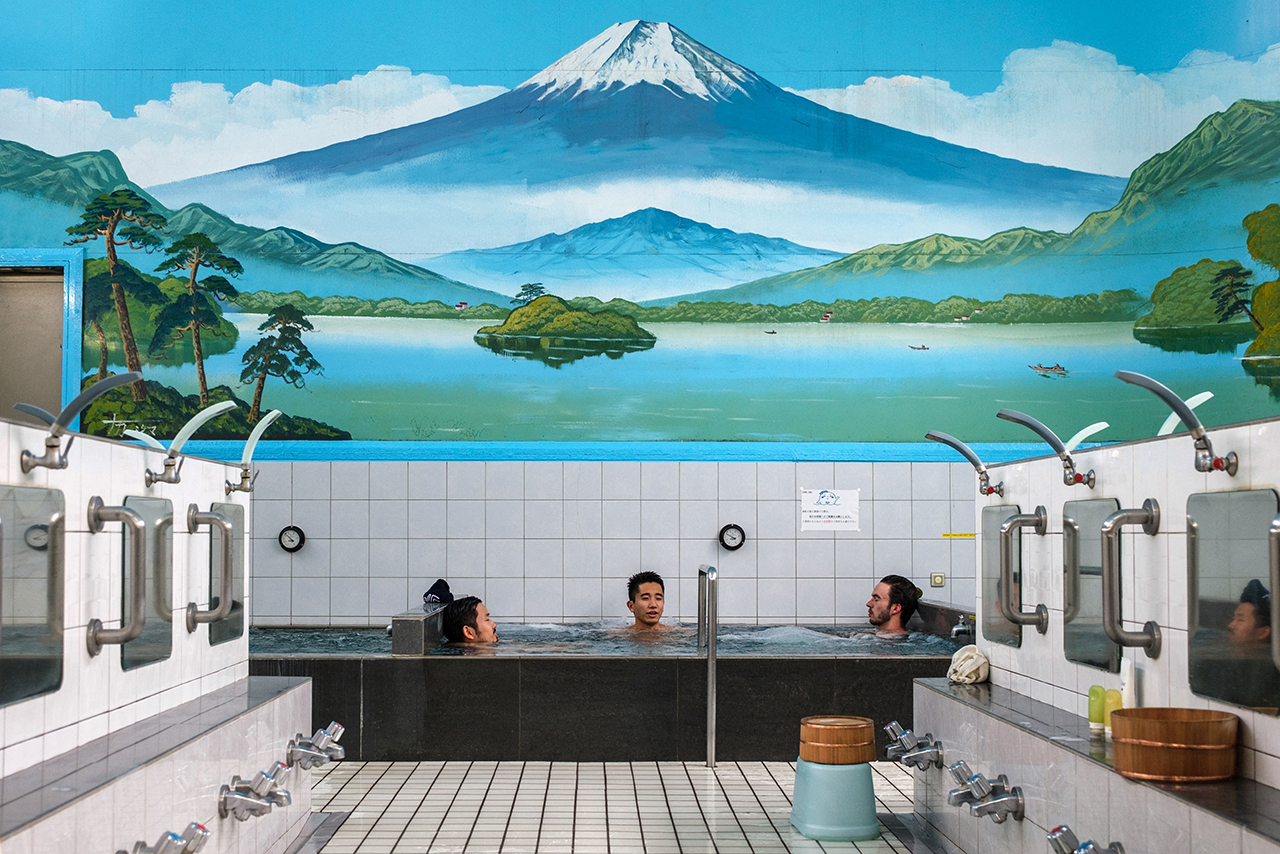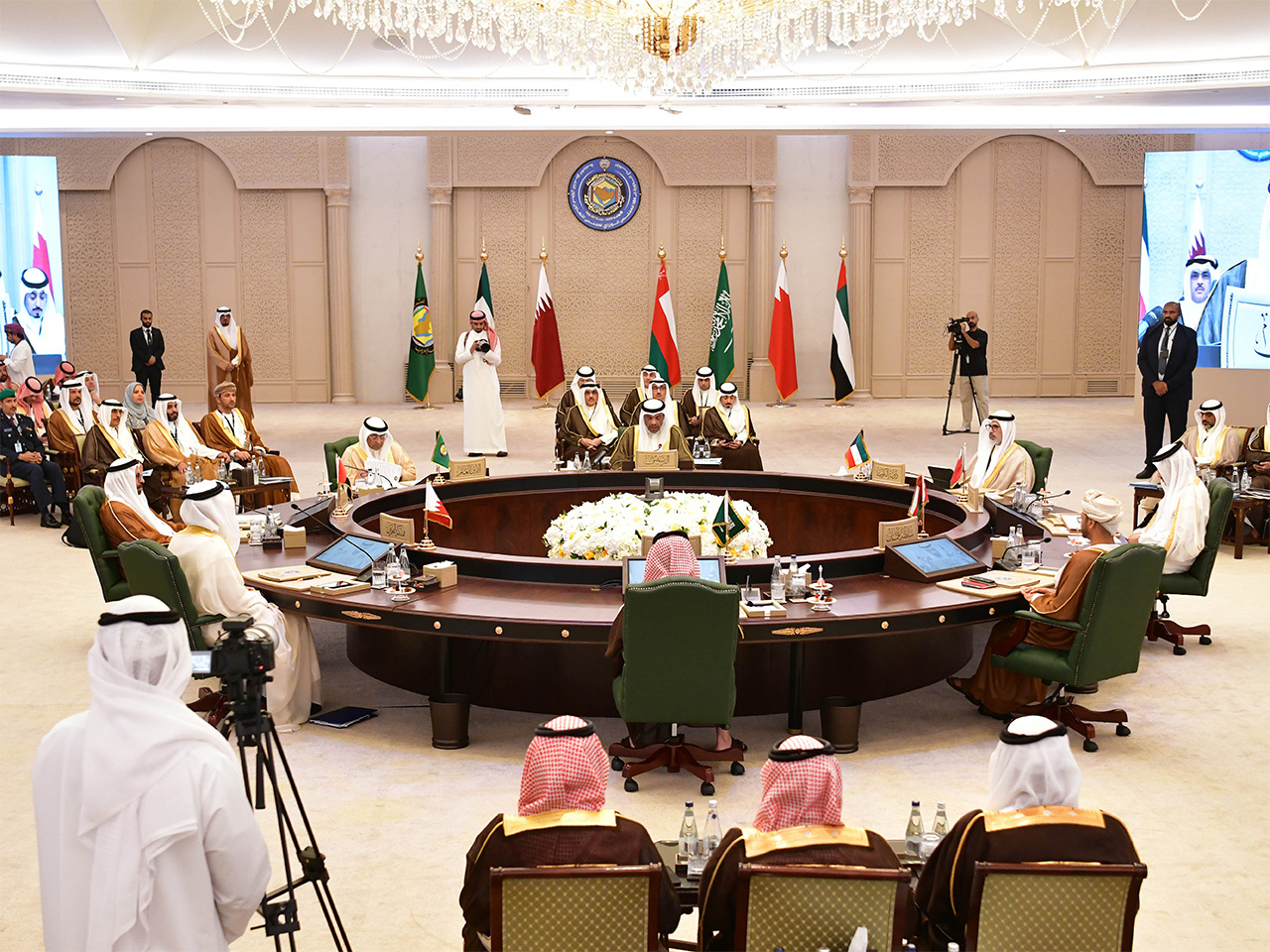Tokyo’s steamy election ad campaign, Kering’s reshuffle and the UAE’s role in regional de-escalation.
|
Tuesday 17/6/25
|

|
|
London
Paris
Zürich
Milan
Bangkok
Tokyo
Toronto
|
|
|
|

Good morning from Midori House. Today, our editors are in the UAE for the Abu Dhabi Infrastructure Summit; heading to Copenhagen for 3 Days of Design; enjoying the menswear looks on display at Florence’s Pitti Uomo; and on the ground at Paris Air Show. For more on Donald Trump's decision to leave the G7 summit early and his advice to residents of Tehran to evacuate, tune in to Monocle Radio or visit monocle.com. Here’s what’s coming up in today’s Monocle Minute:
THE OPINION: Denmark’s declining food scene
POLITICS: Tokyo’s steamy election ad campaign
FASHION: Kering’s creative reshuffle
FROM MONOCLE.COM: The UAE’s role in de-escalating the Israel-Iran conflict
|
|
Denmark’s food scene is stagnating. What’s to blame?
By Michael Booth
|

|
The Netherlands and Denmark have much in common: both are rich, flat, windswept, laboriously democratic and industriously agricultural. Plus: bicycles. But there is one aspect where they have diverged in the past 20 years. Denmark became an improbable global culinary mecca. The local, seasonal New Nordic movement began with René Redzepi’s Noma and ended up inspiring a generation of chefs to forage, ferment and interfere with celeriac in elaborate ways. As with haute couture, New Nordic trickled down to the high street and so Danish supermarkets turned organic and introduced the populace to new products such as spelt and wild garlic.
Meanwhile, the Dutch food landscape remained a wasteland, so much so that my family and I holidayed there last year precisely because they knew that I wouldn’t be distracted by trying to find nice things to eat. In my head, there is always a better restaurant just around the corner and it’s a notion that has tormented my family for years.

Plate expectations: Denmark has long been a culinary mecca but has fallen short in recent years
Now, though, the Danes seem to be reverting to type. Beyond a couple of dozen properly wonderful restaurants – nearly all of which are in Copenhagen – the food landscape here is becoming quite lamentable. Beyond the capital, restaurants still serve stuff that they buy frozen in bags. Judging by the products that occupy the most real estate in supermarkets, the Danes are surviving on Dr Oetker’s frozen pizza and processed pork. Fresh produce has taken a drastic dive in quality over the past couple of years: hard, sour peaches are the latest abomination to join water-filled chicken, bendy leeks and suspiciously coloured salmon fillets on the shelves. Today virtually all of the supermarkets in Denmark are low budget; independent fishmongers, grocers and butchers are effectively extinct.
“The disparity between the restaurants in Copenhagen and what you see in the supermarkets is horrible – and it’s getting worse,” TV chef Adam Aamann (the man who transformed the classic Danish open sandwich two decades ago) told me recently. “Often, I go to the supermarket and I think, ‘I need to take photos of this and post it online’.”
Adam and I pondered the reasons for the regression in Danish food culture. Has Covid numbed our tastebuds? Was inflation behind the decline in organic consumption? He blamed the supermarkets which, he pointed out, have a stranglehold over the Danish grocery market. With a captive clientele, they simply don’t need to worry about quality or diversity of produce: they compete purely on price.
But I have another theory. As with the Dutch, might there still linger a latent distrust of sensual pleasure, a Lutheran disapproval of hedonistic indulgence, deep in the Danish soul? René Redzepi once told me that his fellow Danes consider food as fuel; he believes that their attitude is rooted in their parsimonious Protestant past. I thought that he was exaggerating, or at least that things were changing for the better, but it appears that I was wrong.
Recall Karen Blixen’s short story, Babette’s Feast, set in a pious 19th-century Jutland community scandalised by a French émigré who lavishes her guests with “sinful” gourmet food. What has changed?
This is also the nation that more recently invented Wegovy, a product intended to deny its user sensual pleasure; a drug created to stop people eating. Novo Nordisk needn’t have gone to all the trouble of harnessing that vindictive little GLP-1 hormone to curb our gustatory desires: Danish supermarkets are taking care of that all by themselves.
Booth is Monocle’s Copenhagen correspondent. While the majority of supermarkets suffer, some are doing things right – here is our rundown of the world’s top five. Still hungry? Monocle’s 10-point plan details how to make them feel inviting again.
|
|
The university of warwick  MONOCLE MONOCLE
|
|
QUALITY OF LIFE: GLOBAL
What makes for good quality of life? Our latest issue and annual conference have some answers
Where you live shapes your quality of life. Ahead of our 18th annual ranking of the world’s best cities, which hits newsstands on Thursday (click here to subscribe if you haven’t already), we have been thinking about what makes a place worth living in.
|
|
fashion: GLOBAL
Could the automotive industry’s Luca de Meo redress Kering’s floundering fortunes?
Kering is seeking to correct its course: François-Henri Pinault will be stepping down from his position as CEO of the luxury conglomerate founded by his father in 1962 (writes Natalie Theodosi). His choice of successor – automotive industry veteran Luca de Meo – might come as a surprise. De Meo is an outsider, having worked for the likes of Audi, Fiat and, most recently, Renault, where he has been steering the company’s ambitious turnaround as CEO since 2020. He will be joining Kering during a challenging time: the group’s shares have lost 60 per cent of their value since March 2024 and its highest-earning labels, Gucci and Balenciaga, are in the middle of onboarding new creative directors.

Changing fortunes: Luca de Meo
De Meo might not have fashion-industry experience but an external perspective could prove useful, as the group will be looking to reassess everything from retail and branding to the creative freedom that it allows its top designers. His first task will no doubt be to turn Gucci around as its earlier rebranding efforts fell short, forcing the executive team back to the drawing board. A strong leader like De Meo is likely to have a more hands-on approach to the day-to-day running of individual houses by establishing direct communication channels with the group’s creative directors.
Further reading? As the value of luxury comes under scrutiny, Theodosi asks whether luxury can survive the slowdown.
|
|
SOCIETY: JAPAN
In a bid to encourage younger voters, Tokyo has launched a steamy election ad campaign
Only about a quarter of voters in their twenties cast a ballot in Tokyo’s city elections in 2021, so ahead of elections this Sunday the city is cleaning up its act (writes Fiona Wilson). The Election Commission is working with Nifty Onsen, a website dedicated to hot springs, and the Tokyo Sentō Association to boost turnout with a steamy ad campaign inside bath houses around the capital. Previous tactics to prompt young voters have included free election-themed tissues and birthday cards for 18-year-olds to remind them of their newfound suffrage.

Summit to think about: Tokyo launches election ads in public baths
But the new baths popping up in places such as the fashionable district of Harajuku and architect-led renovations of older sentō (public baths) are attracting a younger crowd. It’s hoped that by splashing election posters around these hotspots, new voters will tap into the baths’ history as locations for political debate. They were once the place to chat through local issues; with everything from low birthrates to natural disasters on the electoral agenda, perhaps now is the time to let off some steam.
All this talk must have you yearning for steam, so check out our Tokyo city guide, which features our pick of the city’s best sentō.
|
|
from MONOCLE.COM: DIPLOMACY
Between war and peace: The UAE’s key role in de-escalating the Israel-Iran conflict
As Israeli and Iranian artillery continues to roar over the Middle East and the world’s attention narrows in on military manoeuvres and nuclear threats, a diplomatic alternative is unfolding in the Arabian Gulf (writes Inzamam Rashid). In air-conditioned halls, behind closed doors in private majlises (sitting rooms), and through discreet backchannels, Gulf states are working overtime to contain the fallout from Israel’s strikes on Iran. At the centre of this effort is the UAE – a country uniquely positioned between two combatting capitals: Jerusalem and Tehran.

All together now: The 164th session of the Gulf Cooperation Council in Kuwait City
Israel’s initial attack on Iran triggered a wave of condemnation from regional neighbours. Riyadh, Abu Dhabi, Doha and Muscat have all issued carefully worded statements calling for restraint and warning of the dangers of escalation. On the surface, these reactions appear to be standard diplomatic protocol but beneath the language of international law and peacebuilding lies a more pragmatic aim: self-preservation.
In this increasingly volatile landscape, the UAE’s approach stands out. As one of the only countries in the world that is maintaining diplomatic relations with both Israel and Iran, the UAE occupies a rare position – not as a passive observer but as a potential bridge. While no formal mediation has been announced, diplomatic sources suggest that the Emiratis have been quietly keeping communication channels open with both sides, even during the peak of the ongoing Israel-Hamas war.
This piece first featured on monocle.com. To read the full article on the UAE’s position as a potential mediator in this conflict, click here.
|
|
| | |